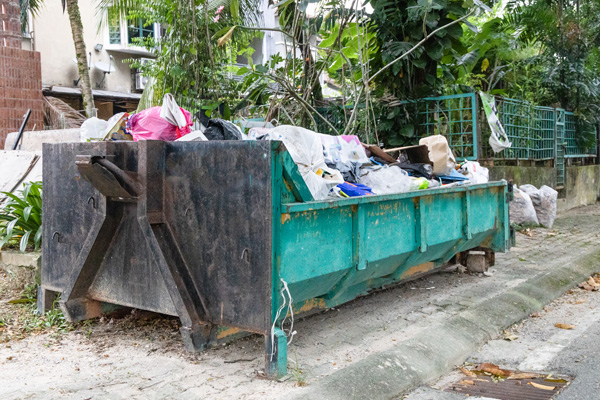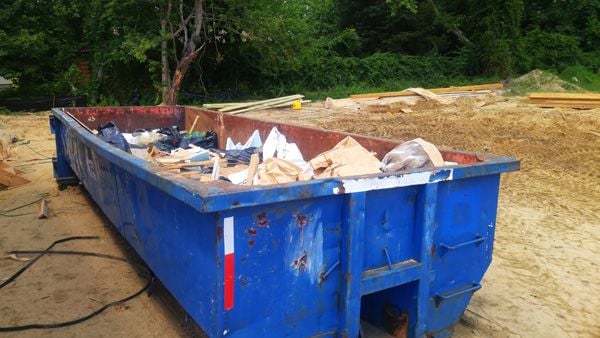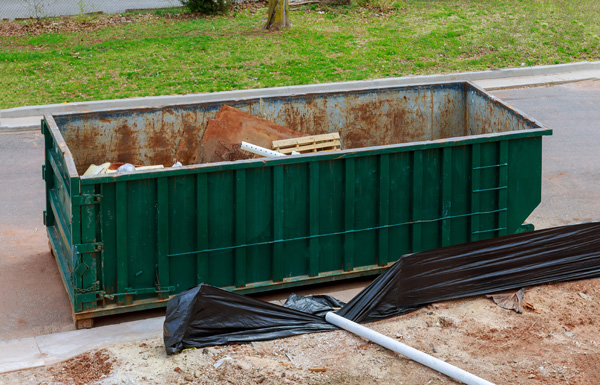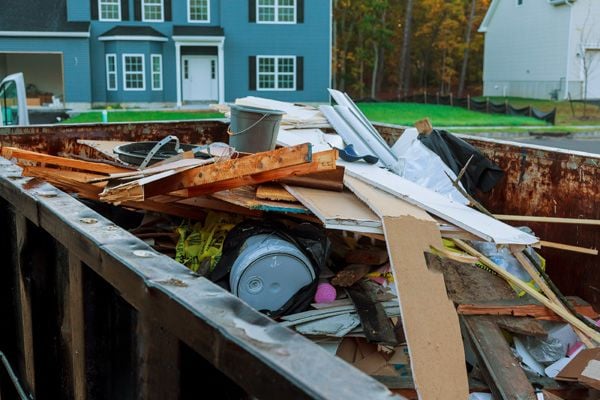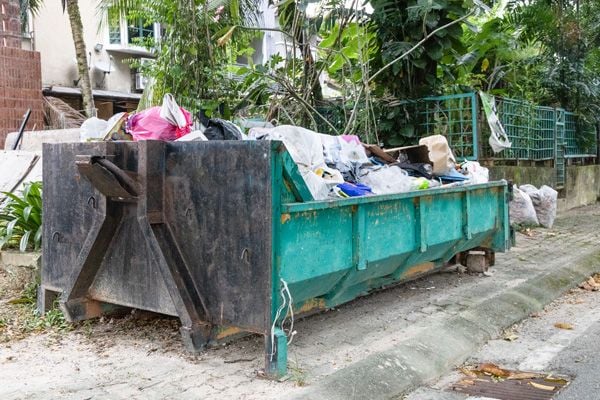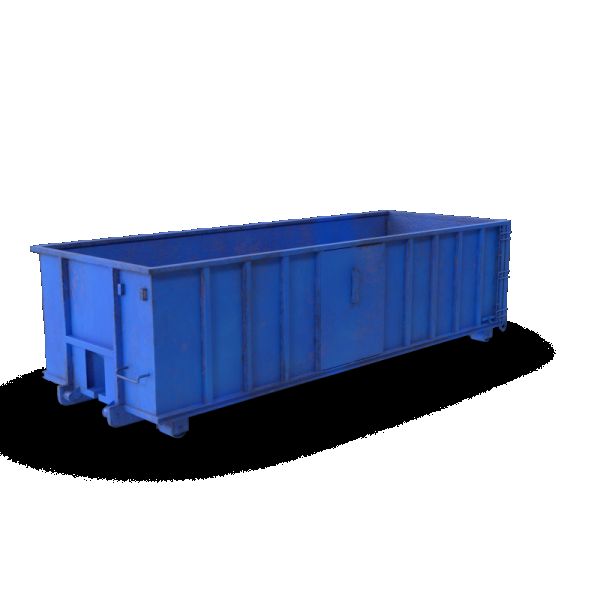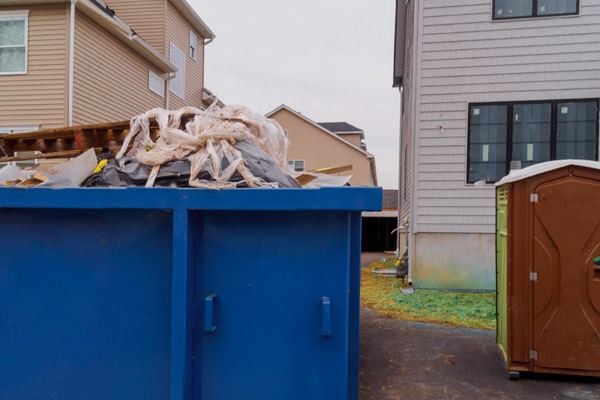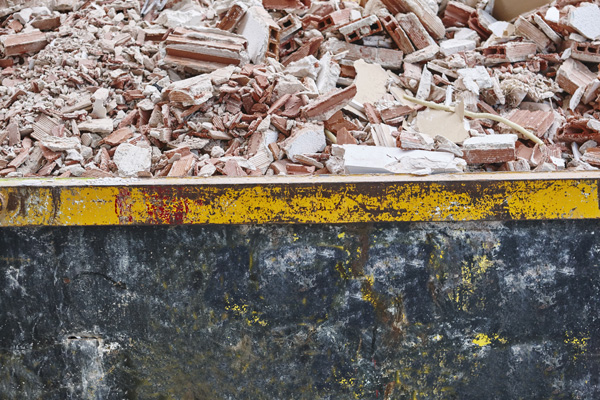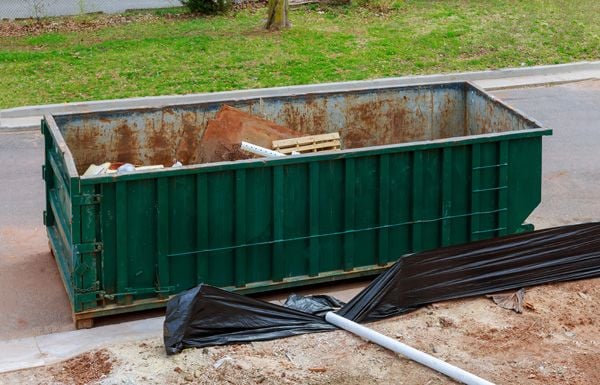Dumpster Rental For Roofing Projects: Tips And Tricks
Dumpster rental for roofing projects can be a daunting task for those who are not familiar with the process. It is important to understand how and when to rent a dumpster, as well as what type of materials should be disposed of in it. This article provides tips and tricks on the most effective way to use dumpsters while completing roofing projects. Renting a dumpster is an efficient way to dispose of debris created during roofing projects, including shingles, nails, wood scraps, and other large pieces of debris that would otherwise need to be thrown away or recycled by hand. Not only does renting a dumpster help save time and energy sorting through garbage, but also helps keep construction sites free from clutter and reduce potential safety hazards caused by piles of debris lying around. Finally, this article discusses considerations such as size requirements and local regulations that must be taken into account when planning for dumpster rentals during roofing projects. Learning how to properly plan for these tasks will ensure maximum efficiency during any renovation project involving the disposal of large amounts of materials. Types Of Dumpsters For Roofing Projects When it comes to roofing projects, dumpster rentals can be a necessary and helpful part of the process. It is important to understand which types of dumpsters are best suited for these types of jobs in order to ensure that everything runs smoothly and efficiently. Here we will discuss the different types of dumpsters available for rent from dumpster rental services or companies. The size of the dumpster you need will depend on the size of your roofing project. Generally speaking, square footage is used as a guide when determining what size dumpster one needs. For example, if your roofing project covers between 1-2 thousand square feet, then a 10-yard dumpster would likely suffice; however, if your roofing project has an area greater than 2 thousand square feet then a 20-yard bin may be more appropriate. It is also important to note that larger bins may cost more than smaller ones but this should always be discussed with the particular company offering such services beforehand so there are no surprises later on down the line. In addition to understanding the size requirements for renting a proper sized dumpster for your roofing job, it is just as essential to research which type of materials each company allows their customers to dispose in their respective containers. Many times certain items like asphalt shingle nails may not be accepted by some companies due to safety reasons while other materials may require specialized handling or disposal fees so make sure you know all of any restrictions before signing up for service with a specific company or service provider. Being aware and informed about both the size requirement and material restriction guidelines associated with renting out a dumpster for roofing projects can help save time and money in the long run since one can avoid unexpected delays or added costs due to improper preparation prior to beginning the job itself. Knowing this information ahead of time can prove beneficial in ensuring that everything goes according to plan during any future roofing work needing a rented container. Benefits Of Renting A Dumpster For Roofing Work Coincidentally, dumpster rental for roofing projects is becoming increasingly popular. The main benefits of renting a dumpster are the convenience and cost savings associated with disposing of large quantities of roofing material in one go. Properly utilizing the yard dumpster can make removing architectural shingles from a home much easier compared to traditional methods like taking them to a landfill or recycling center. Aside from convenience, renting a dumpster for roofing work also helps save time and money by avoiding lengthy trips back and forth to dispose of materials such as tab shingles. Homeowners should consider the square footage size when selecting the right size dumpster so that all debris can be disposed of in one trip, reducing labor costs over multiple trips with smaller containers. In addition, it’s important to take into account weight restrictions on certain types of dumpsters when calculating how much material will need to be removed during renovation projects involving older structures with heavier roofing materials and components than those used today. With this information considered, homeowners are well-equipped to rent the most suitable type of dumpster for their project needs while optimizing disposal efficiency and minimizing overall costs associated with roof replacement or repair work. Choosing The Right Roofing Dumpster Size When it comes to roofing projects, a dumpster rental is truly an invaluable asset – one that can make the entire job infinitely easier. Choosing the right size of dumpster for your particular project may seem daunting at first; however, with some basic tips and tricks you will be able to select the perfect size in no time! The primary factor when determining what size of dumpster you should rent is how much material needs to be removed from the location. For example, if you are replacing asphalt shingles on a residential home, measuring the number of squares or feet of shingles needed can give you an idea of how large your dumpster rental prices should be. Additionally, other factors such as type of shingle being used and whether there is any existing debris to dispose must also be taken into consideration. Finally, construction dumpsters come in many different sizes ranging from 10 yards up to 40 yards long so finding just the right fit for your roofing project shouldn’t be too difficult. If unsure, overestimating slightly can ensure that all materials get disposed properly without having to worry about returning multiple times or disposing extra elsewhere. Keep these simple guidelines in mind when considering which size roofing dumpsters best fits your individual project and you’ll have no trouble making the correct selection! Shingle Disposal For Residential Roofing The process of disposing shingle waste from residential roofing projects can be a daunting task. However, with the right dumpster size and understanding of
Dumpster Rental For Roofing Projects: Tips And Tricks Read More »

